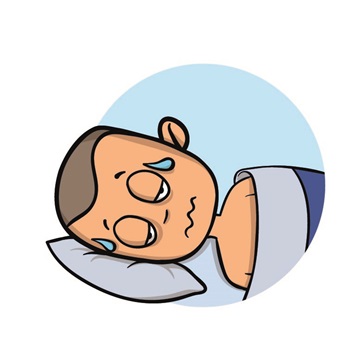Definition of disease and illness
About disease
First, let's define disease. Disease is a pathological process that alters the normal functioning of the body. It can be caused by a variety of factors, including genetic mutations, infections, environmental toxins, and lifestyle choices. Examples of diseases include cancer, diabetes, heart disease, and infectious diseases such as COVID-19. Diseases can be acute or chronic and can range in severity from mild to life-threatening.
Illness, on the other hand, is a subjective experience of feeling unwell. It is a state of being that is determined by the person experiencing it. Illness can manifest in many ways, including physical symptoms such as pain or fatigue, as well as emotional or psychological symptoms such as anxiety or depression. Illness is often influenced by personal and cultural factors, such as beliefs about health and illness, social support, and access to healthcare.
Understanding the difference between disease and illness is important for several reasons. For one, it helps us to distinguish between the objective and subjective aspects of health. Healthcare professionals can focus on treating the disease, while also acknowledging and addressing the patient's experience of illness. Additionally, understanding the subjective experience of illness can help us to better understand the social and cultural factors that influence health outcomes.
One area where the distinction between disease and illness is particularly relevant is in mental health. Mental illnesses such as depression, anxiety, and bipolar disorder are often invisible to others, and the experience of illness can be very different from the outward symptoms of disease. Understanding the subjective experience of mental illness is critical to providing effective treatment and support to those who are affected by these conditions.
In conclusion, disease and illness are two distinct concepts that are often used interchangeably. Disease refers to a pathological process that affects the body, while illness refers to the subjective experience of feeling unwell. Understanding the difference between these two concepts is critical to providing effective healthcare and support to individuals and communities. By recognizing and addressing the subjective experience of illness, we can improve health outcomes and promote greater well-being for all.


تعليقات
إرسال تعليق